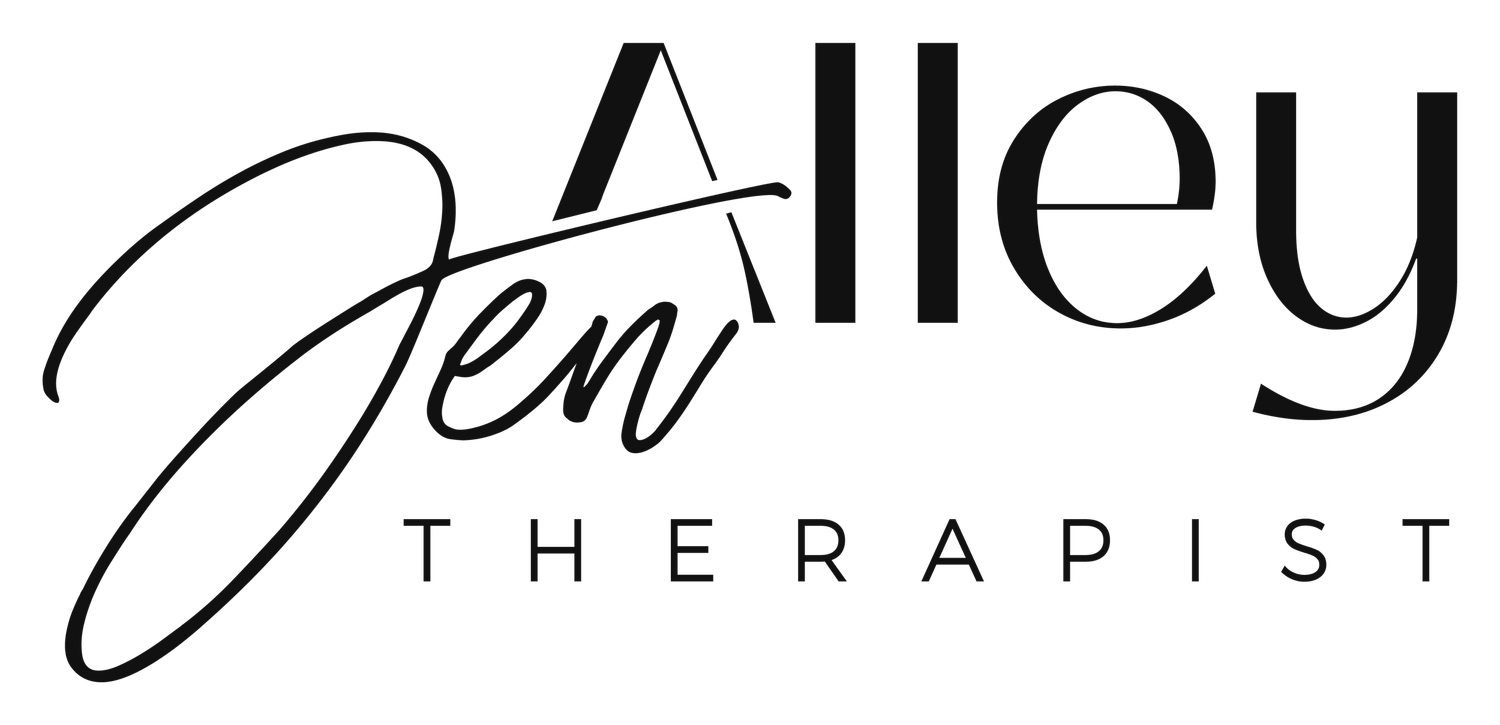As a survivor of the Columbine High School shooting in 1999, it is gut wrenching (and terrifying and exhausting) to learn of the horrific tragedies like the shooting in Nashville time and again.
As both a survivor and a Licensed Professional Counselor, much of my heartache lies in the far-reaching and endless impact of the trauma and loss for families, teachers, faculty and staff, first responders, friends, and the wider community. There is a before and an after. Once touched closely by something so unspeakably devastating, you are never the same. Never could I have predicted that so many would be forced to join this “club” of people permanently changed and informed by their experience with the devastation of mass shootings.
As is typical in the days following a mass shooting, the news and social media are flooded with posts on both sides of politics demanding and refuting policy changes. People argue about what schools and communities need to be protected. Safety is on everyone’s mind today. Unfortunately, it seems to mostly stay present in the minds of those personally impacted.
One of the huge challenges is the very split stance on what would make schools (and communities for that matter) safer. Is it armed police at the door? Gun reform? Guns for all staff and teachers? More access to mental health? What is so interesting to me as a therapist is that most people feel very strongly about their belief about what is right and what will keep them (and others) safe. This is because of each individual’s own sense of safety, which is informed by things like background, race, experience, politics, religion, socioeconomic status, past trauma, etcetera. While I don’t have an extreme perspective on gun laws and understand that many owners are responsible and safe, I personally feel less safe with more people having access to guns and open carry laws. I feel super unsafe when I think about people having access to assault weapons like AR-15 style rifles. That said, driven by their own experiences and understanding, I can get how another person’s truth is that they feel safer with more people having access to guns, even assault weapons.
How do we make impactful change with such polarized views and perceptions of safety? How do we come together to protect our children so they can have a future, so we can move about our communities feeling safer, so we can protect students, parents, school staff, families and first responders from having to bear witness to and live with unimaginable loss and trauma?
I think it begins with research (much of which has already been done). It begins with what is actually working in places where gun violence has decreased, where mass shootings are few or non-existent. It shouldn’t hinge on political or religious beliefs, on money or power, or on what makes you or I feel safer. It should be based on what is actually protecting the most people, on evidence-based research and data.
While my specialty is mental health, not law, it is clear that countries who have made gun policy changes following mass shootings have seen a decrease in mass shootings, homicide, and suicide. If we can learn from data, not from history repeating itself over and over until nearly everyone is personally touched and traumatized by a mass shooting, reform is necessary.
It makes sense to me that this data may not make you personally feel safe, and I know you likely have valid reasons why you are against it. However, for the safety of our children (as author Glennon Doyle writes, “There is no such thing as other people’s children”), for the safety of people of color (our fellow human beings), for the greater good and protection of our community at large, let’s do what has been proven to work. Let’s choose the greater good which ultimately, protects us all.
I implore all of us to not get desensitized or sidetracked by the polarizing stances of leaders and the rhetoric found in the news. We can work together to find a way to make our schools and communities safer. This cannot become the norm that we just adjust and adapt to. We all want our children to come home from school, and none of us want our children, teachers, or communities impacted by the trauma of mass shootings that is happening way too often.
In the meantime, my heart breaks with yours, Nashville, and all of those that came before you. I hold you close and pray over the dark days past and yet to come.

